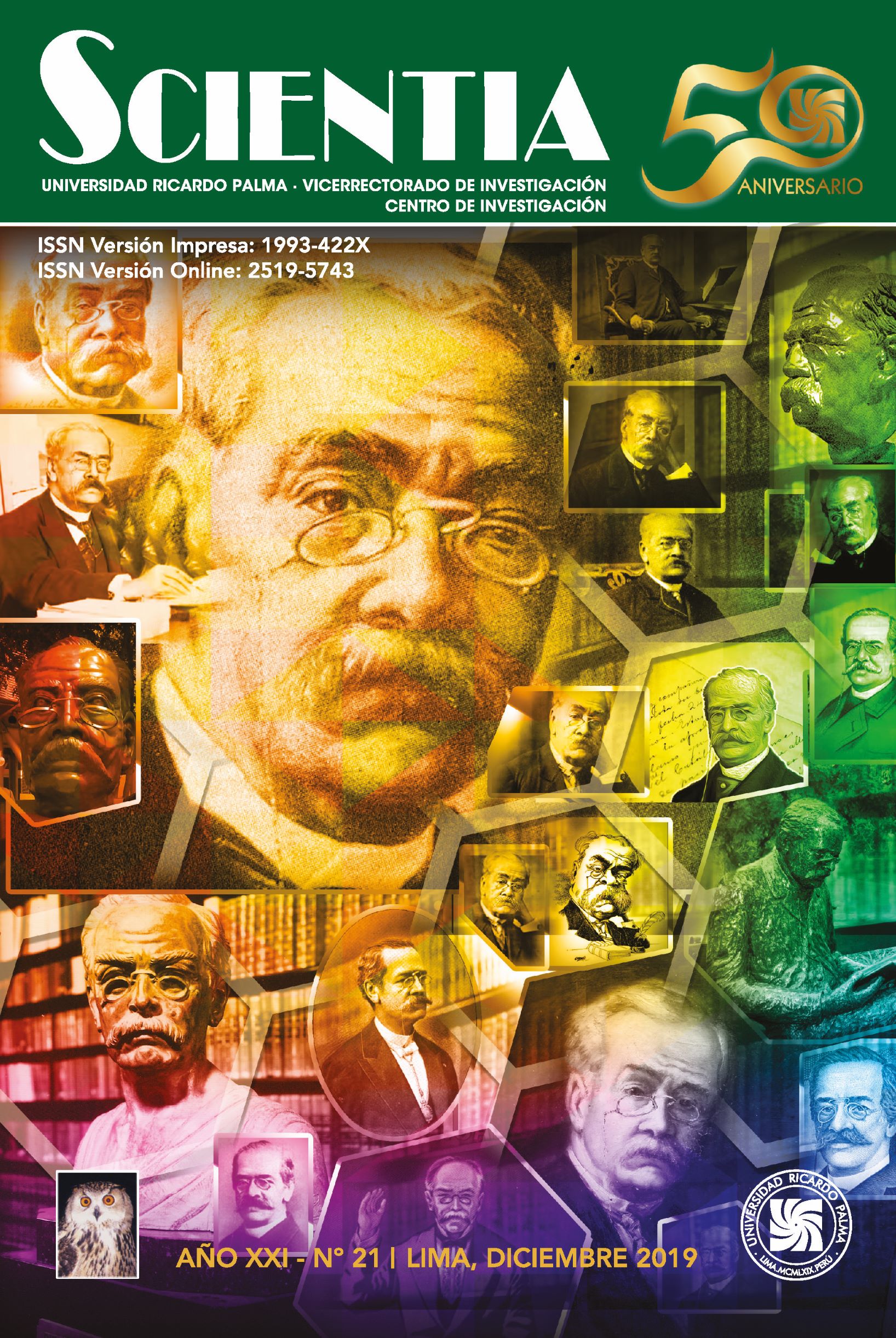ANDEAN WOMAN AND ORAL TRADITION MEMORY IN RETABLO DE JULIÁN PÉREZ HUARANCCA
DOI:
https://doi.org/10.31381/scientia.v21i21.2789Keywords:
Memory, oral tradition, feminity and Andean World.Abstract
Our research is committed to an approach from memory to understand the causes and consequences of armed conflict. The memory variable will allow us to determine the organization and interpretation at the level of history and discourse in Retablo. The novel refers to the struggles and conflicts of memory that account for the social and historical processes that go from the late nineteenth century to the end of the twentieth century in the city of Ayacucho. Thus, in the novel the diegesis shows various imagesscenes,
a mosaic of simultaneous and complementary testimonies where the narrators and protagonists narrate stories intertwined in a cyclical time to provide memories of the violence unleashed in Ayacucho. In this present article, we study and interpret the representation of oral tradition memory from the configuration of the Andean femininity, specifically, in Scholastica, mother of the Medina Huarcaya family; thus, its role as a generating matrix can be understood from the memory of oral tradition that supports the resistance, confrontation and negotiation of the Andean identity in the novel Retablo written by Julián Pérez Huarancca.


2.png)



